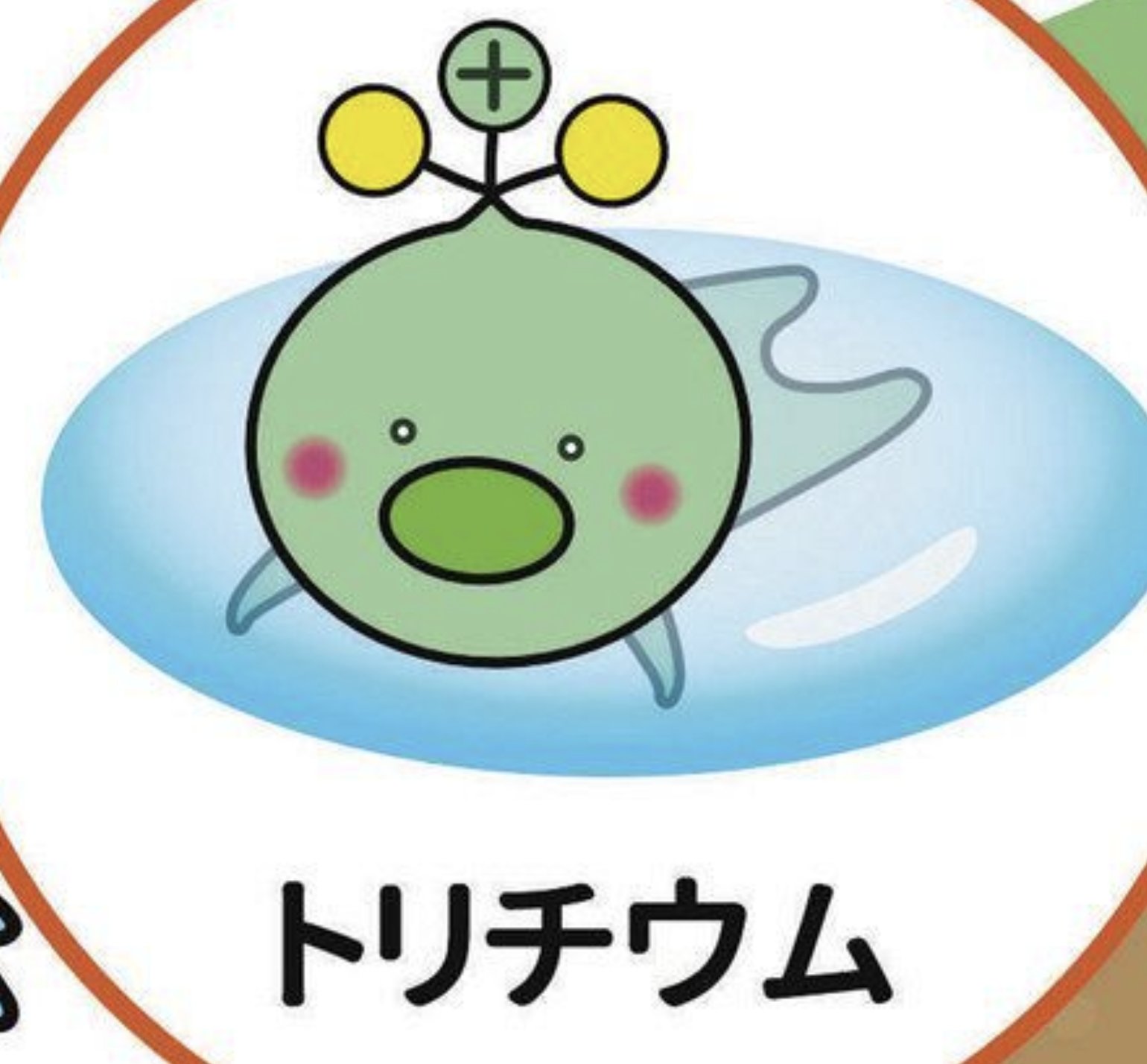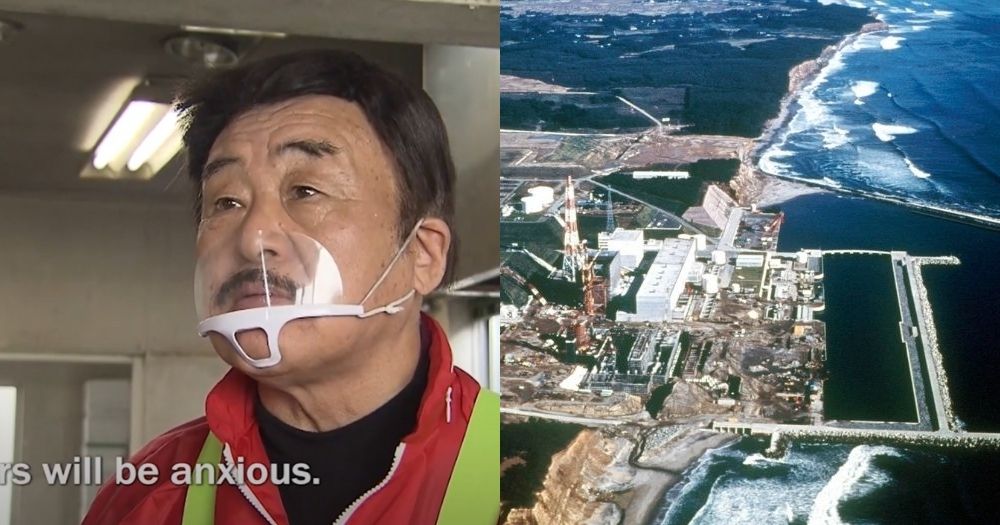Follow us on Telegram for the latest updates: https://t.me/mothershipsg
Japan has announced that it will dispose more than a million tonnes of treated radioactive water accumulating at the Fukushima Daiichi nuclear power plant into the Pacific Ocean.
On Apr. 13, Japanese Prime Minister Yoshihide Suga formalised the government's decision to release the contaminated water into the sea, saying that it was the "most realistic" option.
The announcement was met with strong backlash from Japan's neighbouring countries including China and South Korea, which expressed their concerns over safety issues.
However, the Japanese government has determined that the water poses no safety concerns, according to Kyodo News.
Domestic reactions
Domestically, the announcement was received with mixed reactions.
Opposition from fishermen
The decision has been met with strong opposition from the local fishing industry, with fishermen worried about the loss of livelihoods if the water from the nuclear plants were emptied into the Pacific Ocean.
"Consumers will be anxious. We still don't know what kind of impact we will have from the release," one fisherman told Nippon TV.
Tetsu Nozaki, the head of the Fukushima Prefectural Federation of Fisheries Cooperative Associations, strongly opposed the government's decision as well.
"We are taken aback by this decision," Nozaki said. "As fishermen of Fukushima Prefecture, we reiterate our opposition to the release of treated water into the sea."
Backlash on social media
Many Japanese social media users also spoke up against the government's decision to release the contaminated water into the sea.
One user pointed out that in 2020, a United Nations (UN) expert had urged Japan to delay "any decision on the ocean-dumping of nuclear waste water".
去年、国連専門家が「福島第一原発の処理水の放出方針の決定をCovid-19の危機が終わってからに延期して欲しい」と強くに求めた。菅政権に完全に無視された。 pic.twitter.com/iPpuUmNThC
— 西村 カリン (Karyn NISHIMURA)💙💛 (@karyn_nishi) April 15, 2021
The UN statement said that the Japanese government's short extension for public consultation was "grossly insufficient", not to mention that the Covid-19 pandemic had limited opportunities for input from various affected communities in Japan, and those in neighbouring countries.
"This has been completely ignored by the Suga administration," the user said.
Another Twitter user said that they should treat it "till it's like deonised water" before they even discuss the matter.
半導体屋のわしに言わせれば、処理水だろうと水道水だろうとミネラルウォーターだろうとみんな汚染水ですよ
— Hazacula@春例こ19bでした (@Irppy3) April 16, 2021
せめてイオン交換水になってから土俵に立ってください
Translation:
"If you ask me, as someone who works in the semiconductor business, treated water, tap water and mineral water, they are all contaminated water.
At least treat it till it's like deionised water before we even talk about this."
A video and an anthropomorphic mascot featured by the Japan's Reconstruction Agency to reassure citizens that water containing tritium poses little health risks also received strong backlash from the public.

Materials featuring the tritium isotope mascot were removed from the agency's website after backlash by local residents, reported NHK World.
Some users supported government's move
However, some netizens agreed with the Japanese government's stance that it was safe to dispose of the contaminated water by releasing it into the sea.
Ryusho Kadota, an author and journalist, argued in a tweet that tritium "exists in large quantities in nature", and will be excreted by the body when consumed rather than accumulated.
He added that nuclear plants in other countries also dilute and release nuclear wastewater in large quantities into the ocean, and that the Fukushima nuclear plant will dilute the concentration to 1/40 of the national standard.
自然界に大量に存在するトリチウムは体内に蓄積されず水と共に排出される。各国の原発も希釈して海洋に大量放出。福島は濃度を国が定める基準値の40分の1まで薄める。その事を報じないマスコミや“原発処理汚染水”と喧伝する社民・福島瑞穂氏。国益を毀損する勢力には鉄槌を。 https://t.co/XhPsAQuxeD
— 門田隆将 (@KadotaRyusho) April 16, 2021
Kabota argued that the media was touting the water as "contaminated nuclear water", and was damaging "national interests" for reporting it as such.
Another user criticised a media broadcaster for calling the water "treated contaminated water", saying that "there is no cure for idiocy".
汚染水がきれいに処理されたあとでも、それを「処理された汚染水」と呼ぶなら、金平さんはいくら勉強して賢くなったとしても、われわれはずっと、彼のことを「賢くなった大馬鹿」と呼ぼう。馬鹿には直す薬はないのである。 https://t.co/MDIggoyP5V
— 石平太郎 (@liyonyon) April 17, 2021
Translation:
"If you call it 'treated contaminated water' even after the contaminated water has been cleaned, no matter how much Kinpira (the presenter) studies and becomes smarter, he should always be called a 'smart idiot'.
Let's call it as it is -- there's no cure for idiocy."
Release of water will take place in about two years
International media reports stated that the first release of the contaminated water will take place in about two years.
This allows plant operator Tokyo Electric Power time to begin filtering the water to remove harmful isotopes, build infrastructure and acquire regulatory approval.
The entire disposal process is expected to take around 30 to 40 years to complete.
The process has met international standards and has been backed by the International Atomic Energy Agency (IAEA), Kyodo News reported.
The U.S. has also expressed its support of Japan's decision and said that it looks forward to Japan's coordination with IAEA.
We thank Japan for its transparent efforts in its decision to dispose of the treated water from the Fukushima Daiichi site. We look forward to the Government of Japan's continued coordination with the @iaeaorg.
— Secretary Antony Blinken (@SecBlinken) April 13, 2021
On the other hand, China has responded strongly against the matter.
Top image via Nippon TV/YouTube, Wikipedia
If you like what you read, follow us on Facebook, Instagram, Twitter and Telegram to get the latest updates.
